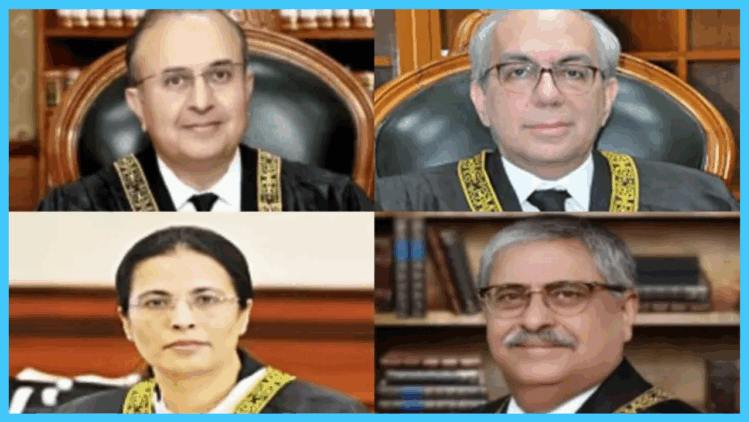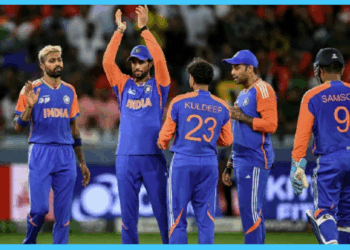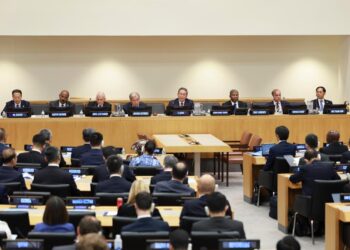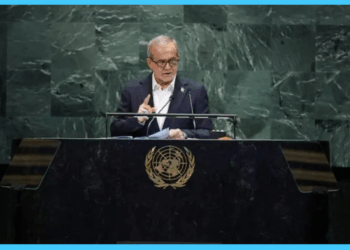ISLAMABAD; In a fresh sign of discord within the judiciary, four Supreme Court judges on Monday raised objections over the procedure adopted for reviewing and approving the Supreme Court Rules 2025.
In a letter addressed to Chief Justice of Pakistan (CJP) Yahya Afridi, Justices Mansoor Ali Shah, Munib Akhtar, Ayesha Malik, and Athar Minallah argued that the full court meeting convened for this purpose amounted to nothing more than a “stamp of approval” for rules already finalised and unilaterally notified.
The judges pointed out that the rules had been approved by circulation and published in the Gazette on August 9, while the CJP later sought suggestions for further amendments. They questioned the legality of this process, stressing that under Article 191 of the Constitution, the authority to frame rules lies with the Supreme Court as an institution, not the CJP alone.
They warned that rules framed without full court deliberation lack binding status and suffer from “substantive and procedural illegality.” The judges said that circulation may serve administrative matters but cannot be used to decide on the constitutional framework of the court’s governance.
The letter noted that invoking provisions such as Rule 1(4) for “removal of difficulties” only exposed the flaws of the unilateral approach, as no such difficulties existed at the time. The judges described the entire process as “puzzling and fallacious,” adding that convening a full court after notifying the rules amounted to putting “the cart before the horse.”
They criticised the meeting as a mere attempt to lend legitimacy to an invalid process, effectively reducing the full court to a cosmetic role. The judges called for the rules in their entirety to be placed before the full court for genuine discussion and approval, terming this the only constitutional course of action.
Refusing to attend the meeting under the current framework, the four judges demanded that their objections be recorded in the full court minutes and made public. They insisted that the people deserved to know how internal rules of the apex court were finalised without collective deliberation.
Earlier, Justice Mansoor Ali Shah had also questioned, in a separate letter, why the landmark revision of the 1980 Supreme Court Rules was approved by circulation rather than debated in open court.
The controversy comes after the CJP had tasked a committee in March to review the 1980 rules and draft the 2025 rules aimed at enhancing transparency and efficiency. While the draft was circulated among judges, opposition emerged from within the bench and the legal community, eventually prompting the convening of today’s full court meeting.
























